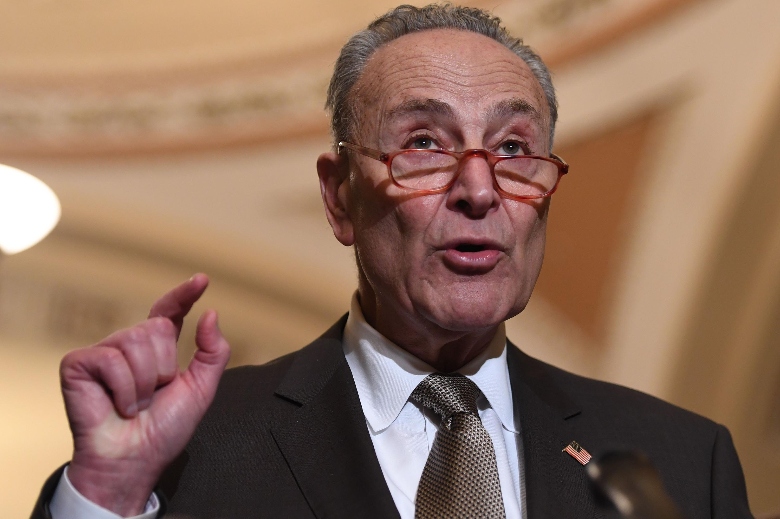Black Lives Matter Turns on Democratic Party After Kamala Harris Is Installed as Nominee
In a surprising turn of events, Black Lives Matter (BLM), a movement traditionally aligned with progressive causes, has voiced strong opposition to the Democratic Party following the announcement of Kamala Harris as the party’s nominee for the upcoming presidential election.
Trending: Steve Bannon’s Supreme Court Appeal Gains Republican Support

This dissent marks a significant shift in the political landscape, with BLM expressing dissatisfaction over the Democratic National Committee’s (DNC) decision-making process and questioning Harris’s commitment to their cause.
Trending:“Who’s Behind These Talking Points?” Peter Doocy Asks DEI Hire KJP
BLM’s Critique of the DNC
BLM’s discontent became evident when the organization demanded the DNC host a virtual primary, arguing that the selection process for Harris lacked transparency and inclusivity. A BLM spokesperson highlighted the organization’s concerns, stating, “The DNC’s decision to install Kamala Harris without a comprehensive and open primary process undermines the democratic values we fight for.”
This sentiment reflects a broader frustration within the movement regarding the perceived disconnect between the Democratic Party’s actions and the grassroots activism that BLM represents.
Harris’s Controversial Record
Harris’s history as a prosecutor has been a focal point of criticism from BLM and other civil rights groups. During her tenure as California’s Attorney General, Harris took several positions that have since been scrutinized by criminal justice reform advocates. For example, she was known for her “tough on crime” stance, which included actions such as defending wrongful convictions and opposing measures that would reduce the state’s prison population.
These actions have led to accusations that she prioritized political expediency over justice, a charge that resonates deeply with BLM’s mission.
The Democratic Party’s Response
In response to BLM’s outcry, the DNC has attempted to downplay the discord, emphasizing Harris’s progressive credentials and her potential to unify various factions within the party. A DNC official remarked, “Kamala Harris brings a wealth of experience and a strong commitment to the issues that matter most to Americans. We believe she is the best choice to lead our party to victory in November.” However, this assertion has done little to assuage the concerns of BLM and its supporters.
The Broader Implications
The rift between BLM and the Democratic Party may have far-reaching implications for the upcoming election. BLM’s influence, particularly among younger and more progressive voters, cannot be underestimated. Their disillusionment with the party’s leadership could potentially lead to decreased voter turnout or even the emergence of a third-party candidate who better aligns with their values.
Moreover, the situation underscores a broader challenge for the Democratic Party: balancing the demands of its diverse coalition. While the party has traditionally relied on the support of minority communities, it must now navigate the complexities of addressing the concerns of a movement that demands substantive change rather than symbolic gestures.
A Conservative Perspective
From a conservative viewpoint, the BLM-DNC conflict highlights inherent contradictions within the Democratic Party. The party’s reliance on identity politics and virtue signaling is increasingly seen as inadequate by its own base. The conservative critique posits that Democrats have overpromised and underdelivered, resulting in frustration among groups like BLM that expect concrete policy changes rather than rhetorical commitments.
Additionally, this discord may bolster the conservative argument that the Democratic Party is out of touch with the real needs and concerns of American citizens. As BLM criticizes Harris for her prosecutorial record, conservatives point to this as evidence of the party’s failure to reconcile its progressive rhetoric with its practical actions. This, they argue, exemplifies a broader issue within the party’s approach to governance.
Conclusion
The fallout from Kamala Harris’s nomination exposes deep fissures within the Democratic Party, particularly in its relationship with the Black Lives Matter movement. As the party navigates this internal conflict, it must address the substantive criticisms levied by BLM to maintain the support of its diverse base. The upcoming election will undoubtedly serve as a litmus test for the Democratic Party’s ability to unify its coalition and deliver on its promises of progressive change.


